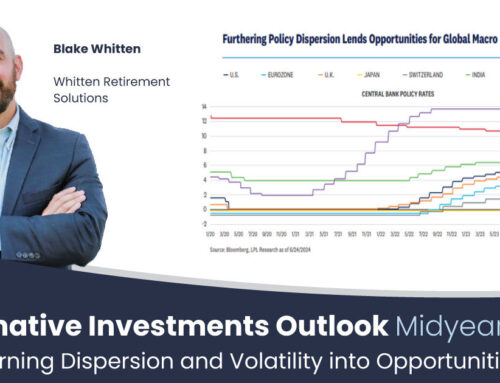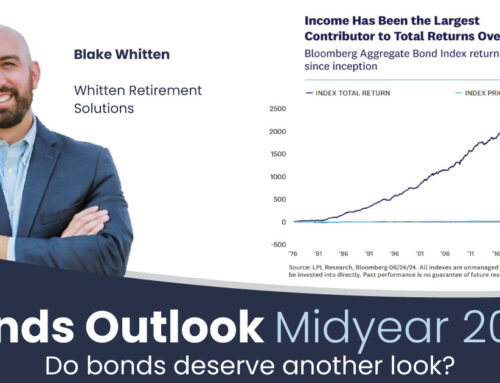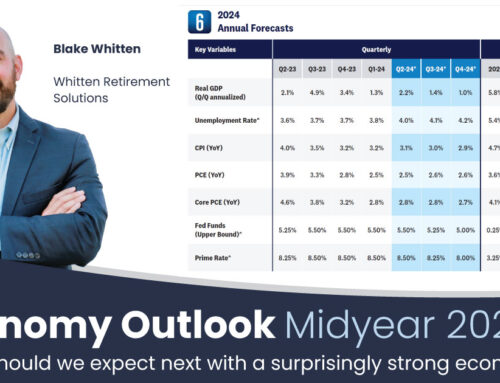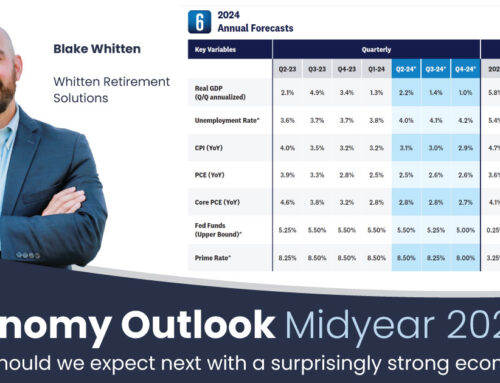Most business owners dedicate years of hard work and strategic planning to build their companies.
That being said as they embark on their retirement, it’s crucial to recognize that retirement doesn’t mean the end of planning; rather, it marks the beginning of a new phase of financial strategy.
Here are some key tax considerations to keep in mind as you transition into retirement:
Early Withdrawals
Taking withdrawals from your retirement accounts before the age of 59½ can incur a significant 10% federal income tax penalty. While certain exceptions exist, careful planning is essential to avoid unnecessary taxes.
Required Minimum Distributions (RMDs)
Once you reach age 70½, you must start taking RMDs from your traditional IRA. Failing to do so or withdrawing insufficient amounts can result in a steep 50% penalty tax. Understanding your RMD obligations and planning accordingly is vital.
Social Security and Employment
If you receive Social Security benefits while continuing to work, a portion of your benefits may be subject to taxation. The rules surrounding this can be complex, so consulting with a tax professional is advisable.
State Tax Considerations
Where you choose to live in retirement can have significant tax implications. Each state has its own tax rules, including income, estate, sales, and property taxes. Consulting with tax and legal advisors can help you assess the tax advantages and disadvantages of different retirement destinations.
Planning for retirement is an ongoing process. Just as you meticulously planned for the success of your business, it’s essential to continue strategic financial planning in retirement. Your business acumen will be a valuable asset as you navigate the complexities of retirement planning.
Remember, consulting with professional advisors is key to developing a comprehensive retirement strategy tailored to your individual needs and goals.
The opinions voiced in this material are for general information only and are not intended to provide specific advice or recommendations for any individual. You should consult your tax advisor for guidance on your specific situation.
Securities and advisory services offered through LPL Financial, A Registered Investment Advisor. Member FINRA/SIPC.






